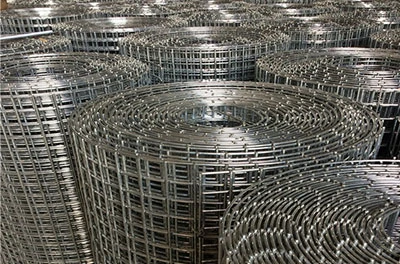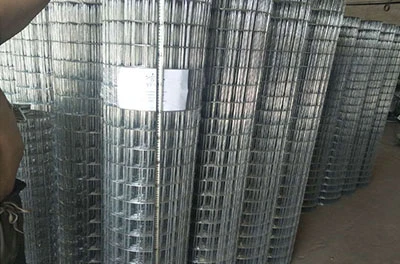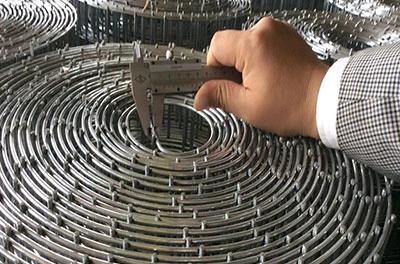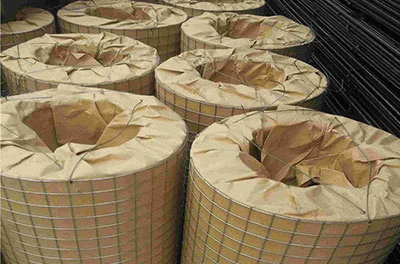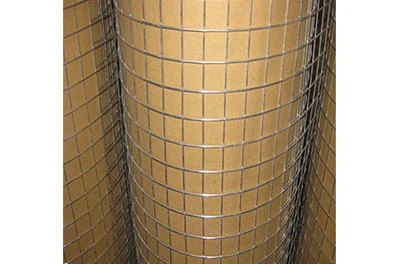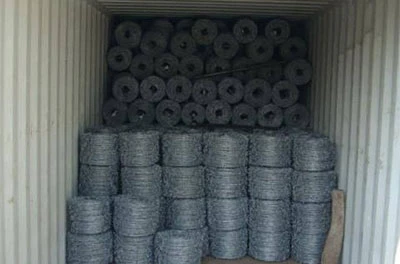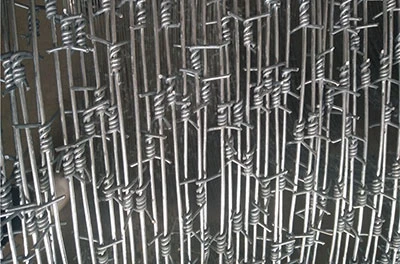Jan . 14, 2025 09:45 Back to list
mesh grating
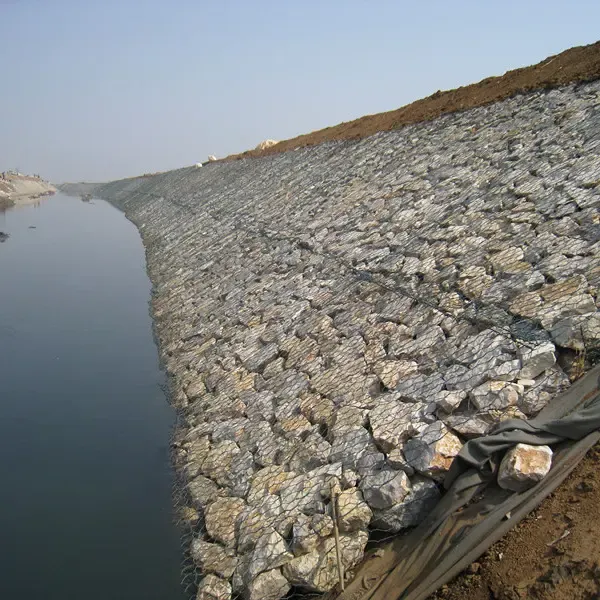

Mesh grating's authoritativeness is evidenced by its widespread adoption in critical industries such as petrochemicals, food processing, and wastewater treatment. In the petrochemical industry, mesh grating serves as a reliable component in corrosive environments, where other materials might fail. Food processing facilities benefit from the hygienic properties of stainless steel mesh grating, which prevents bacterial growth and ensures compliance with rigorous health standards. In wastewater treatment plants, fiberglass mesh grating is favored for its non-conductive and corrosion-resistant properties, essential for safe and efficient operations in challenging environments. Trustworthiness, a pivotal factor in selecting industrial materials, is inherent in mesh grating through its proven performance and compliance with industry regulations. Manufacturers of mesh grating adhere to strict quality control measures, ensuring that each product meets or exceeds safety standards. This commitment to quality and safety instills confidence in end-users, who rely on mesh grating for critical infrastructure projects. Additionally, the durability and low maintenance requirements of mesh grating contribute to its reputation as a cost-effective and reliable solution. In summary, mesh grating is a product that combines experience, expertise, authoritativeness, and trustworthiness to offer unmatched benefits in industrial applications. Its strength, adaptability, and safety features make it an indispensable material across various sectors. As industries continue to face challenges in safety and efficiency, mesh grating remains at the forefront, offering innovative solutions that not only meet but exceed industry expectations. The future of mesh grating is bright, as continuous advancements in manufacturing and design further enhance its capabilities and applications.
Latest News
-
Brick Mesh Wall Solutions | Enhanced by GPT-4 Turbo Design
NewsAug.01,2025
-
Premium Anti-Climb Fence Spikes for Sale
NewsAug.01,2025
-
Premium Peach Post Fence | Durable & Stylish Security
NewsJul.31,2025
-
Best Galvanized Grating Price - Durable Galvanized Steel Grating Solutions
NewsJul.30,2025
-
0.5-4.0mm Wire 2×2 4×4 8×8 Hot Dipped Galvanized Welded Mesh Roll
NewsJul.30,2025
-
Metal Fence Pickets for Sale – Durable Galvanized & Steel Options
NewsJul.29,2025
Our company owns has excellent CAD steel grating drawing designers, who can provide customers with perfect steel grating layout design and better meet customers' special requirements for products. We have been adhering to it the business tenet of "quality first, customer first", with high-quality products, reasonable prices, and the fastest delivery time, we wholeheartedly provide customers with a full range of services! Welcome new and old customers to cooperate sincerely and create brilliance together!
Contact Us
WELCOME TO OUR COMPANY!
Thank you for your interest in our services! If you have any questions or wousld like to book a service, please don’t hesitate to contact us. Our team is dedicated to providing you with the highest level of service and support, and we are committed to working with you to make your event a success.

Service Email

Service Phone
Product Center
Contact Us
- Phone: +86 +86 15733154345
- E-mail: sales@chengsenchina.com
- Address: B1213 GLOBAL CENTER, NO.226 ZHONGHUA NORTH STREET, SHIJIAHUANG, CHINA


